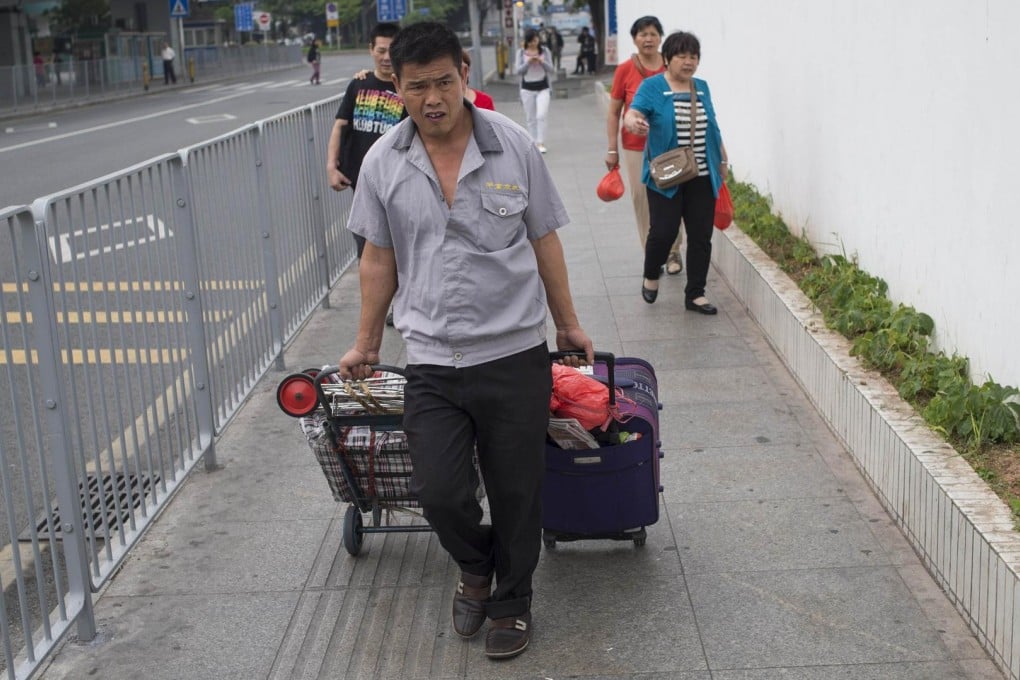No denying Hong Kong's shared destiny with mainland China
Tik Chi Yuen says as a rightful part of China, Hong Kong should strive to develop a cross-border relationship based on trust and mutual benefit, while avoiding extremist views

To be pragmatic, we have to accept the fact that Hong Kong and mainland China are knitted together. "One country, two systems" is a prerequisite for Hong Kong to keep lives and values unchanged. It is a constitutional concept, a result of the Sino-British Joint Declaration and the Basic Law.
Given the acceptance of the Basic Law after the change of sovereignty, we must also accept that mainland China plays a part in Hong Kong. As the sovereign state, China has repeatedly issued orders, not merely to Hong Kong citizens but also to the government of each province and city, to abide by the Basic Law.
As time goes by, the relationship between Hong Kong and the mainland has become more complex and complicated. Each party views "one country, two systems" in different ways. To the mainland, the concept is needed to preserve Hong Kong's capitalism, and can benefit Hong Kong as well as the rest of China. For their part, Hong Kong people treat the Basic Law as a shield to safeguard their way of life and values for 50 years.
These two interpretations have created confrontations over the past 18 years. Take the Individual Visit Scheme for instance. The influx of mainlanders with two-way permits has contributed significant revenue to the city. However, social, cultural and economic issues have arisen. One could criticise the policy for causing unnecessary stress in this crowded cosmopolitan city, but it would be wrong to say it has brought nothing constructive.
Unless we want to forsake Hong Kong, we cannot reject the fact that the mainland and Hong Kong are in the same boat
In fact, the problems surrounding the scheme are not the first the city has had to deal with. For decades now, an increasing number of local workers have chosen to work on the mainland. They have ultimately lost their family bond, leading to a rise in the number of broken homes.
Also, mainlanders and Hongkongers have been involved in numerous clashes in the city, over parallel-goods trading, competition for maternity beds, degree quotas, career opportunities, baby formula and a flood of investment into the Hong Kong stock market.